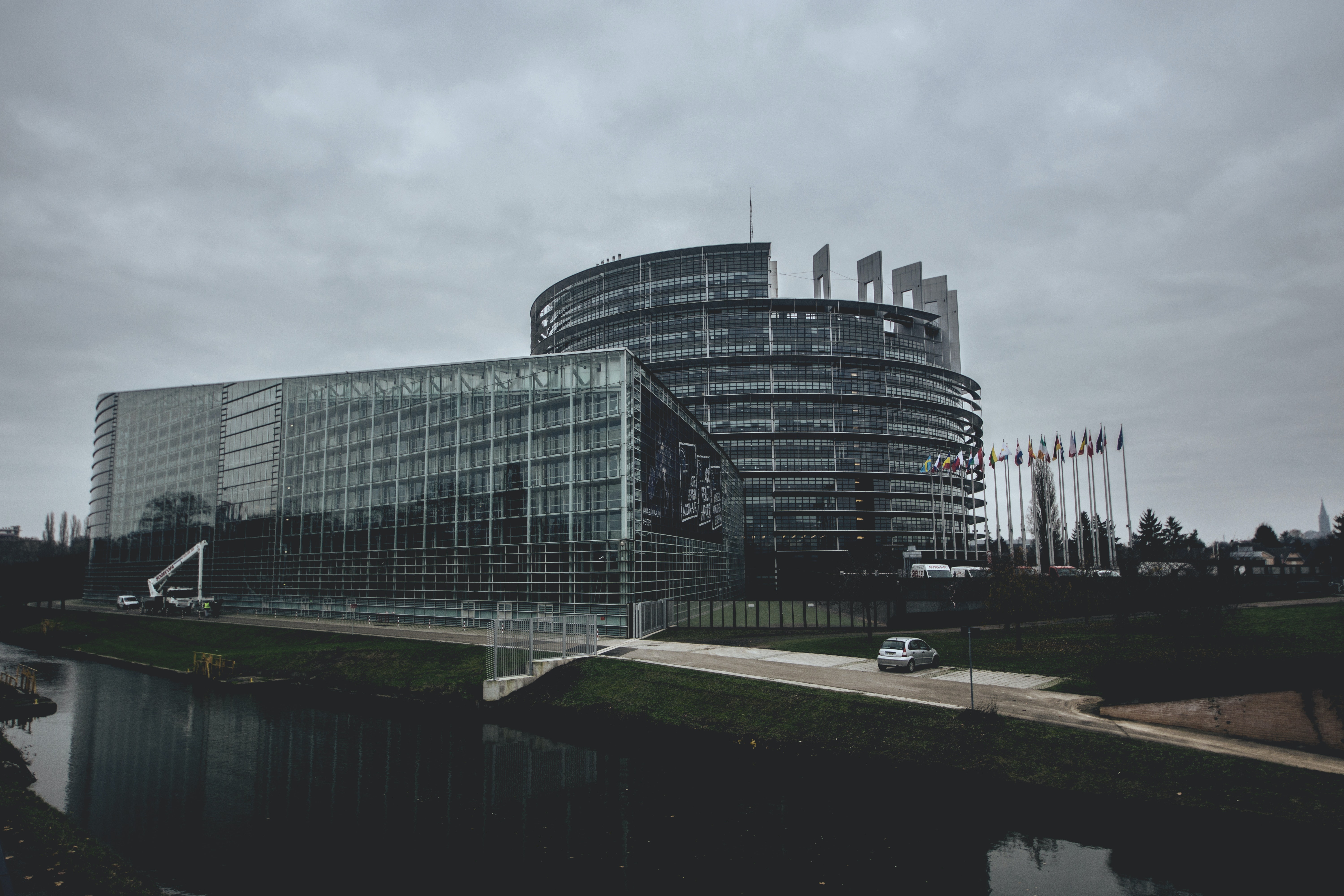Due diligence in the field of sustainable development.
New requirements for companies are expected to come into effect in 2024. The first companies are to be covered by the new rules 3 years after the entry into force of the directive.

The Legal Affairs (JURI) committee of the European Parliament voted its final report on the Corporate Sustainability Due Diligence Directive (CSDD). European Parliament plenary vote is expected on 1 June 2023.
Purpose
The directive aims to strengthen environmental protection and human rights in the activities of companies within and outside the EU.
Companies covered by the directive
The directive will apply to companies from EU countries, as well as companies outside the EU. According to Article 2, entities from EU countries subject to regulation can be divided into two groups:
- Companies that employed an average of over 500 employees in the last financial year for which an annual financial report was prepared, and whose net sales revenue worldwide exceeded EUR 150 million;
- Companies that did not meet the thresholds indicated above, but employed an average of over 250 employees and in the last financial year for which an annual financial report was prepared, achieved net sales revenue worldwide of more than EUR 40 million, provided that at least 50% of that net sales revenue was generated in one or more of the sectors specified in the draft: e.g., textile production, agriculture, forestry, fishing, and mineral extraction.
For companies outside the EU, the criterion for being subject to the directive is related to the net turnover generated in the EU and not based on the number of employees. The directive will apply to third-country companies that:
- generated a net turnover of more than EUR 150 million in the EU in the financial year preceding the last financial year; or
- generated a net turnover of more than EUR 40 million but not more than EUR 150 million in the EU in the financial year preceding the last financial year, provided that at least EUR 20 million was generated in one or more of the sectors specified in the draft.
If a company outside the EU meets the criterion for net turnover generated in the EU, it will be subject to the due diligence directive, regardless of whether it has a branch or subsidiary in the EU.
What will change
- A due diligence obligation will be introduced concerning respect for human rights and environmental issues for certain groups of companies.
- Access to legal protection for individuals affected by negative impacts on human rights and environmental issues resulting from corporate activities is expected to be improved.
- The regulations will apply to a company's own activities, the activities of its subsidiaries, and the so- called "chain of activities" (the term is a compromise between "value chain" and "supply chain").
- In addition, the directive project also includes provisions regarding liability for breaching the due diligence obligation.
When
Three years after the entry into force of the directive, regulations would first apply to the largest companies in the EU that employ over 1,000 workers and have a net turnover of 300 million euros worldwide, and for companies outside the EU, 300 million euros in net turnover was generated in the EU. After four and five years of the directive coming into force, the regulations would apply further groups of companies.
Small and medium-sized enterprises
Small and medium-sized enterprises will not be directly subject to the proposed regulations, but the entry into force of the directive will also have an impact on the SME sector.
State supervision and sanctions
According to the proposed directive, Member States will implement a series of measures to support the directive, such as special websites, platforms or portals to provide information to companies and partners with whom companies maintain regular business relationships within supply chains, and to support them in their efforts to comply with the obligations arising from this directive.
Member States will also be required to establish appropriate supervisory authorities, which may, among other things:
- initiate explanatory proceedings ex officio,
- conduct inspections,
- set appropriate deadlines for companies to take remedial action,
- order companies to cease violations of national laws adopted based on the directive, refrain from repeating the behaviour, and taking remedial action,
- impose fines on companies.